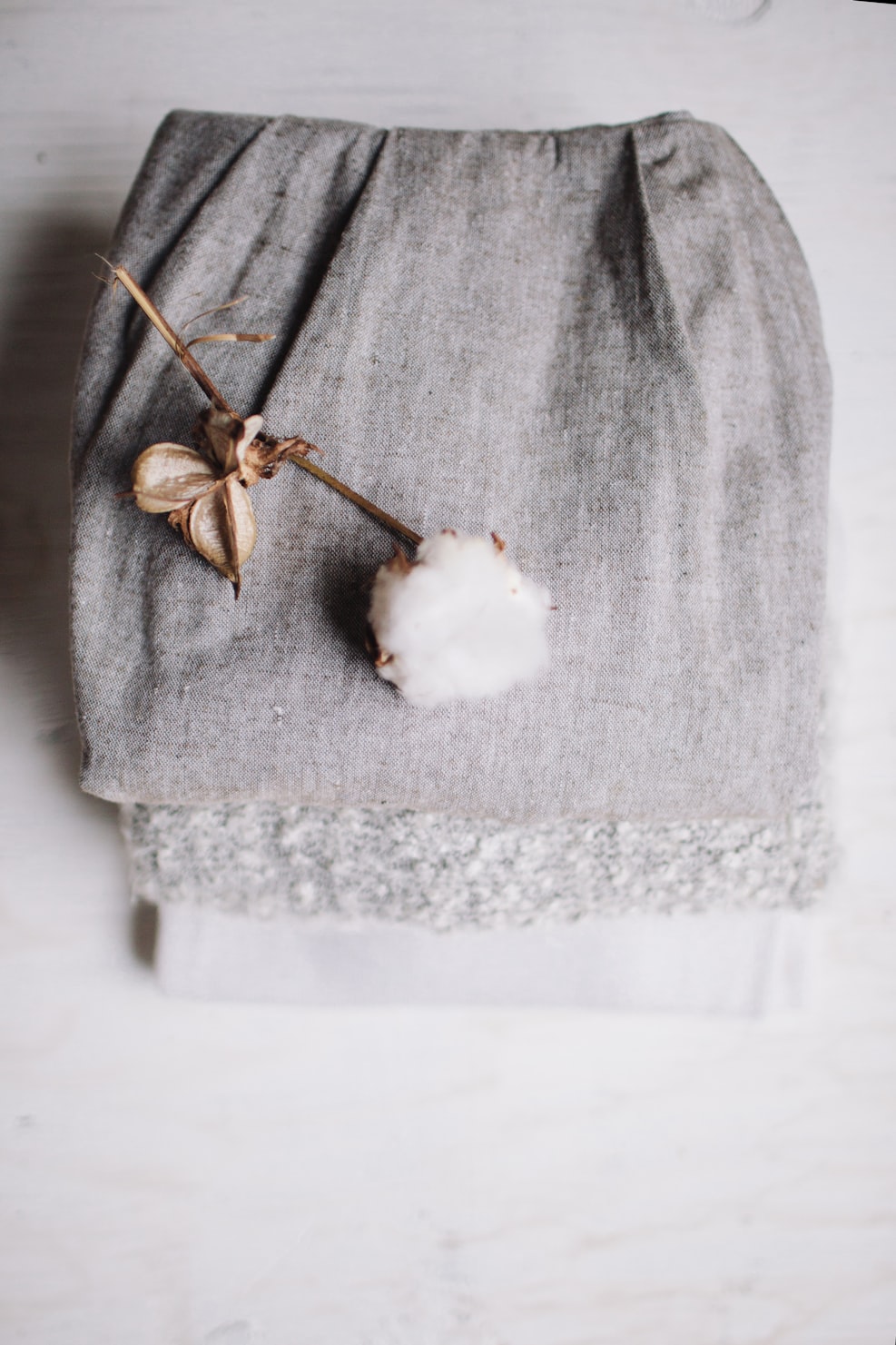In a fashion market dominated by textile blends with synthetic materials, cotton is often promoted as an all-natural solution and is seen as inherently "sustainable". However, its production is resource-intensive and the global cotton supply chain is highly exposed to risks related to climate change and human rights abuses.
Retailer Gap Inc currently owns brands including Athlete and Banana Republic, as well as its namesake Gap, making it one of the largest fashion companies in the U.S. Across all brands, it sourced 57% of its cotton sustainably in 2019.
Gap Inc. has also joined the U.S. Cotton Trust Protocol and Textile Exchange's 2025 sustainable cotton challenge. The decision is part of Gap's integrated sustainability strategy and is intended to help the company meet its commitment to using only 100% sustainably sourced cotton by 2025.
Gap joined the Better Cotton Initiative in 2016, the company Gap began sourcing more sustainably grown cotton in the same year, and currently, 57% of the cotton in its products comes from these sources, it explained.

The Issue Surrounding Conventional Cotton
According to WWF data, the average global water footprint for a kilogram of cotton is 10,000 liters. The worst-performing suppliers used up to 20,000 liters, while the best-performing U.S. companies using irrigation used up to 8,000 liters.
The most extreme example of cotton's impact on water management can be seen in the Aral Sea, which straddles Kazakhstan and Uzbekistan. The lake was once the largest in the world but was officially classified as completely dry in 2015. Cotton production in the region once employed thousands of people but is now impossible.
In addition to the fact that cotton is a water-scarce crop, it is also linked to water pollution and soil degradation, which contribute to biodiversity loss. In addition, the events of 2020 have highlighted human rights violations in textile supply chains.
There are currently 17 water-scarce countries with the highest level of water stress, and estimates that 33 countries will face a water crisis by 2040.
In 2019, mainstream media in the United Kingdom and the United States began reporting allegations that ethnic minority Muslim groups were being held in labor camps in China's Xinjiang region.
The analysis then determined that one-fifth of all globally sourced cotton passes through companies in Xinjiang, making most of the fashion industry indirectly complicit in the atrocity. Since then, the U.S. government has imposed sanctions on Xinjiang cotton.
Gap Inc. and other companies, including Primark, agreed to pay up after pressure from groups coordinated by Remake and the Clean Clothes Campaign. Some big names, including the parent companies of Topshop and Urban Outfitters, have yet to make this commitment.
